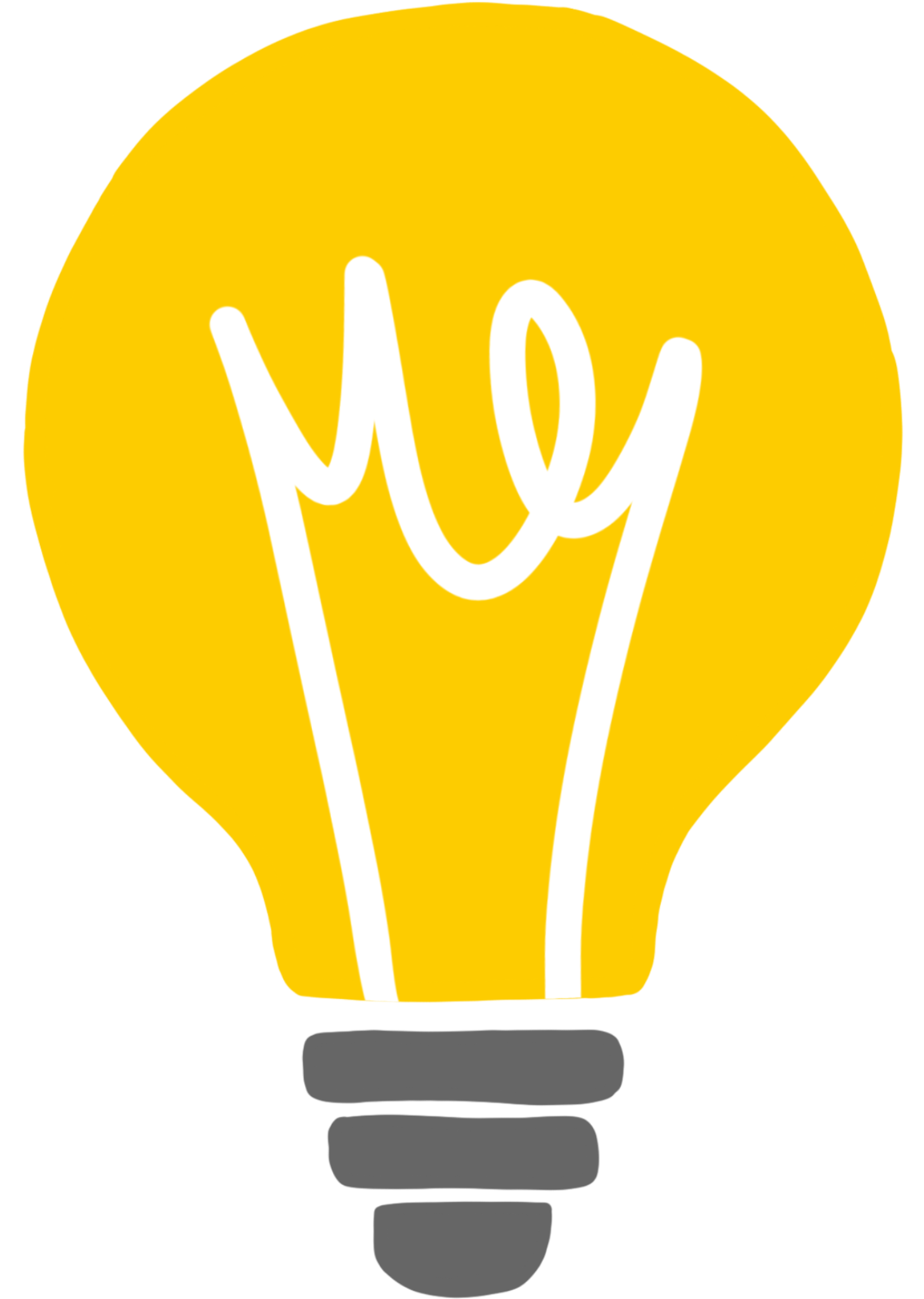Eight Tools to Supercharge Your Personal and Professional Learning
A philomath is someone who loves learning.
I’m a philomath – and it’s a wonderful thing to be. But sometimes, it is frustrating because there are never enough hours in the day for all the learning I want.
That was the case until I started using tools to streamline and supercharge my personal and professional learning.
Here are eight of my favourites.
1. Audible
Audible is my go–to audiobook provider. I enjoy fiction audiobooks for wellbeing and relaxation and non–fiction audiobooks for learning.
I listen to audiobooks on the go – it's efficient; however, taking notes is a challenge. For this reason, I often purchase the Kindle version of non–fiction books and the audio version. Through some Amazon magic, the two talk to each other and pick up where the other left off, allowing me to highlight and make notes on key points (via my Kindle) at the end of the day.
A free option is your local library, as most lend audiobooks now.
2. X
While X is, first and foremost, a social space, there are also learning opportunities. Follow thought leaders for their threads, long posts and links to longer–form content. Join Spaces to learn from and with peers and experts.
3. Notion
Notion is a workspace for thinking, creating and collaborating; it's also a way to keep track of the various strands of your learning journey. For example, you might create a database of all the books you read and the associated highlights and notes you take (the Notion Readwise integration makes this easy). You might plot the timeline of a course you are studying to capture critical milestones (I did this for my master’s). You might create a reflective learning journal in Notion to reflect on and monitor your development.
The free version of Notion is generous (Personal plan) – if you are a student or educator, you can get their Personal Pro plan for free.
4. Tana
Tana is my notetaking tool of choice; it is incredibly versatile and integrates beautifully with Readwise, so it is a perfect fit for my personal knowledge management system.
5. Medium
When reading for non–academic reasons, I usually start on Medium. The user experience is elegant, and the article quality is generally good – it prevents content overwhelm. I love Medium's text–to–speech feature – one of the best I have used. While Medium is free to use, you are limited to the number of articles you can consume daily, so I pay for a monthly subscription (which ends up paying for itself as I also publish on Medium as part of their partner programme).
6. Zotero
Zotero is a free, open–source reference management tool that has been invaluable for my academic study. Until recently, I only used Zotero to manage papers and references; however, I now use it for more general PDF highlighting and annotation, thanks to their recent update (and the introduction of an app). This video, from Danny Hatcher, explains the latest Zotero update.
Update as of June 2024: I am now using Readwise for highlighting and annotating PDFs, but Zotero is still a solid option.
7. Snipd
Much like audiobooks, podcasts are a great on–the–go learning resource. Until recently, I found my podcast consumption habits had decreased due to the audio note–taking issue. Some clever app designers took notice of the problem, and a selection of podcast apps with the ability to take audio snippets have entered the marketplace. My favourite is a free app called Snipd, not least because it integrates with Readwise. My audio snippets land in Tana, with a link to the original audio and a transcript. Problem solved.
Get a free month of Snipd Premium here.
8. Readwise
Finally, it’s been mentioned several times, but Readwise is probably the most important tool in my learning “tech stack.” Readwise brings all of your annotations and highlights from ebooks and articles together in one place and allows you to sync them elsewhere (Obsidian, Notion, Evernote, or Roam, for example). It also has a built–in repetition/resurfacing feature that helps you learn most from what you read. Readwise is a paid service that is worth every penny.
Try it out for free (and get an extra month for free) using my referral link.
Hopefully, some or all of these apps will help you become an efficient philomath. Let me know your thoughts in the comments – I'd love to hear from you.

